9 March 2022
#BreakTheBias: “More women in trades is essential for a stronger workforce”
As part of our series celebrating International Women's Day, meet Deanna Reynolds, one of the few certified women Industrial Mechanic Millwrights in Canada.
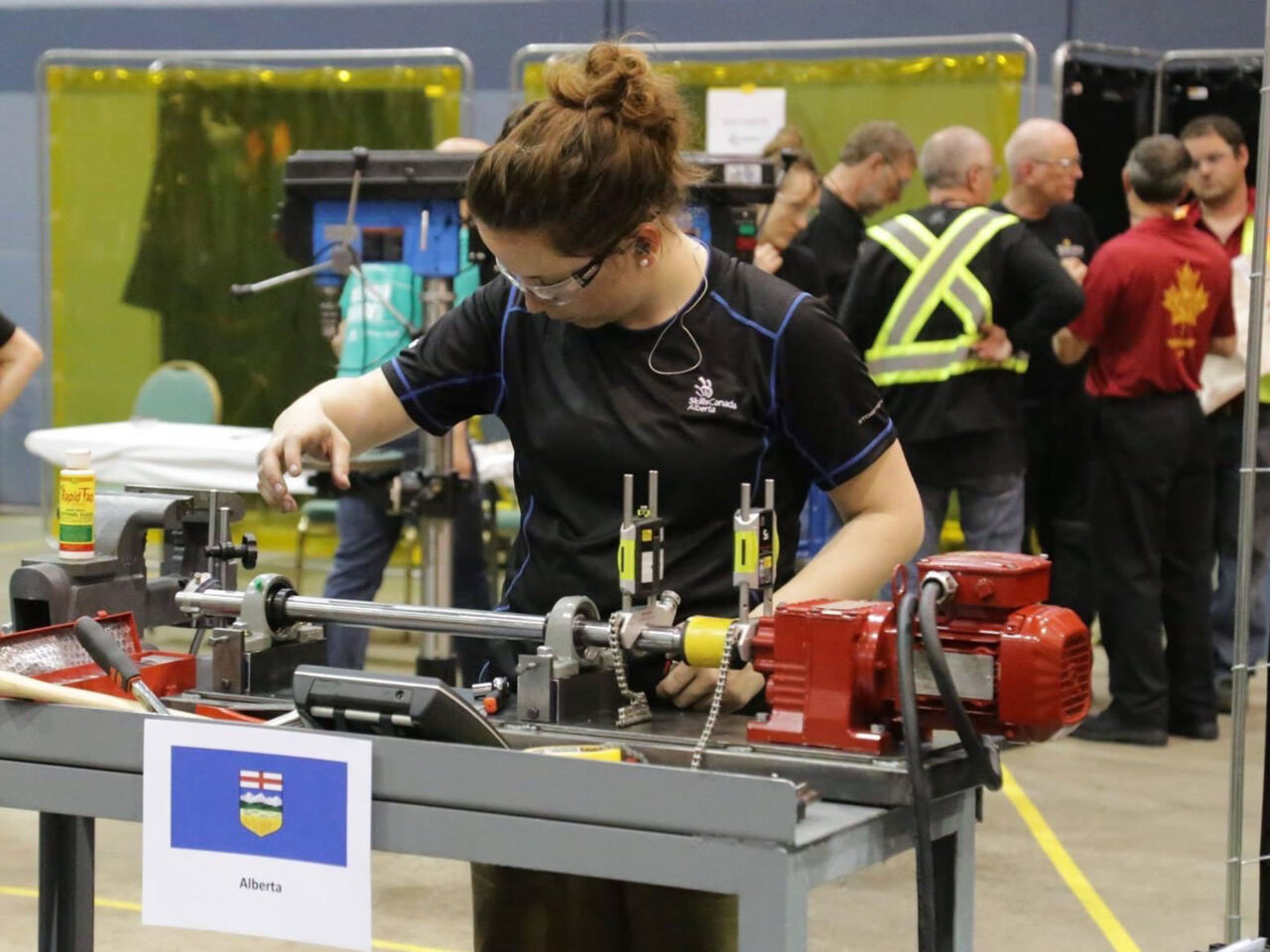
Canada faces a skilled labour crunch. With hundreds of thousands set to retire and the demand for talent growing, the country’s workforce could see a deficit of ten thousand workers in 56 nationally recognized trades over the next five years. Engaging more women in apprenticeship programs and ensuring welcoming workplaces could be a solution to this skills shortage.
“The more people, women and men, we can get involved and working in the skilled trades the better,” says Deanna Reynolds, from Calgary, Alberta who competed in WorldSkills Abu Dhabi 2017 in Industrial Mechanic Millwright.
Deanna is now a Red Seal certified Industrial Mechanic Millwright journeyperson, which she earned after a four-year apprenticeship program at Southern Alberta Institute of Technology (SAIT) and extensive work experience. Red Seal Certificates are Canada’s system to ensure a worker has met the national standards, and are a requirement to work in a number of trades.
Female Industrial Mechanic Millwrights remain scarce in the country. In 2020, only 69 out of the 1,686 new Industrial Mechanic Millwright apprentices were women, and in the same year only 18 completed the Red Seal certification, according to data published by Statistics Canada. In fact, women represent less than 10 per cent of all Red Seal trade certificate holders.
“Throughout my apprenticeship and work experience, I haven’t yet worked directly with another woman Industrial Mechanic Millwright. When I competed in WorldSkills Abu Dhabi 2017 I was the only woman in my field,” said Deanna. “However, there were other women competing from WorldSkills Team Canada 2017 in male-dominated trades who I travelled with to Abu Dhabi, such as Car Painting or Autobody Repair, and in most worksites that I’ve been to, there are women in other trades and occupations that are working closely nearby.”
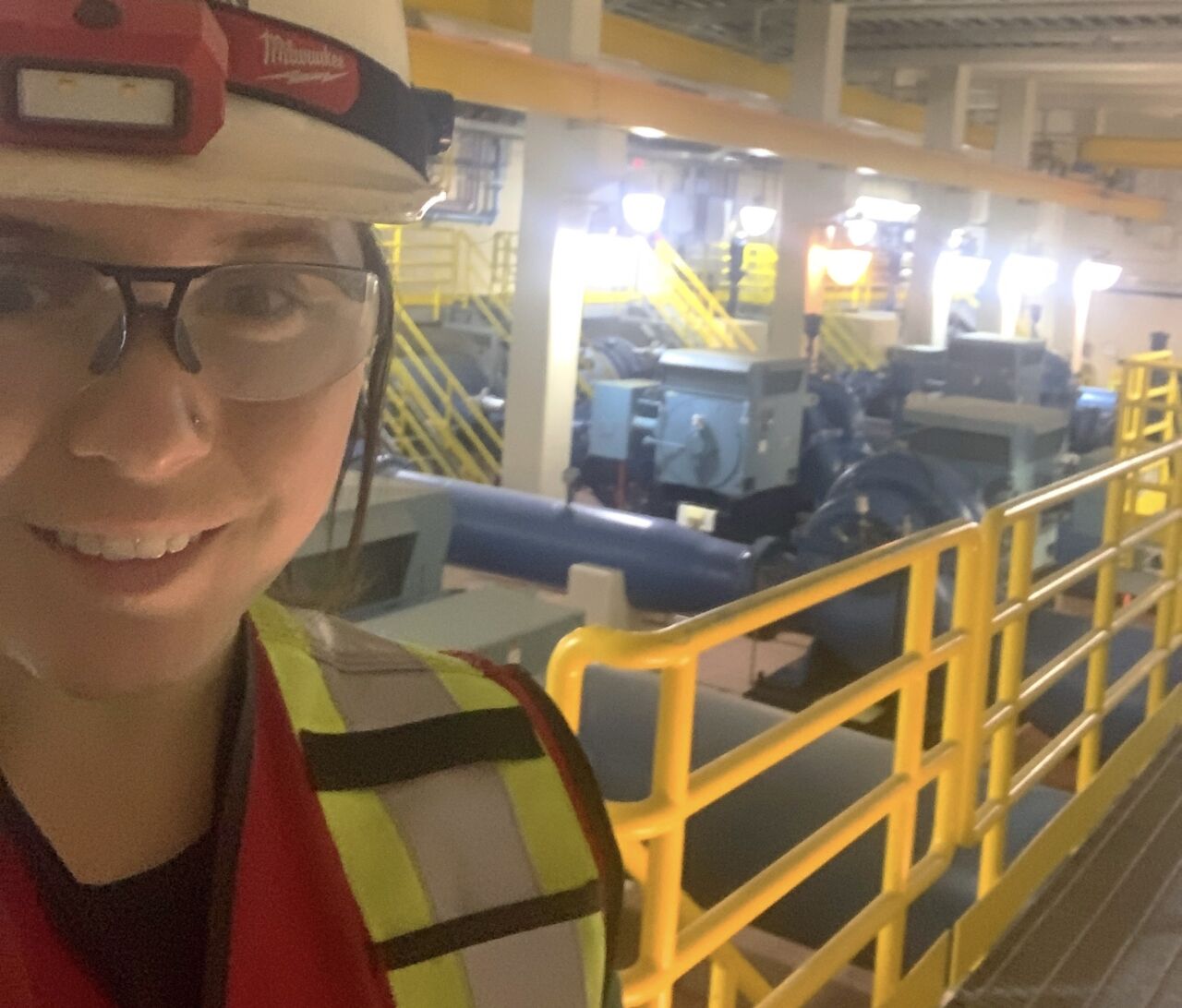
Nonetheless, Deanna has never found that being the only woman in a competition or on a worksite has hindered her performance. On the contrary, she has always felt accepted as a team member.
“There can be instances where women may be looked at as a potential challenge, but I find this becoming more and more uncommon in the skilled trades. Most people are very accepting of women on the worksite. Some people may even see it as an asset!” she says. “The company that I am with now is very accepting of women in trades and my coworkers want to see me succeed and are such a great support system.”
Common gender biases in trades are often linked to the belief that women might not be strong enough for a particular job, or that their inclusion might slow down the work. Deanna believes that the best way to break biases is self-confidence.
“If a woman in a profession has the skills and attitude to do the job safely and correctly, there’s no reason why they won’t excel in that career. Don’t let the little comments drag you down and if there are issues with individuals, bring it up with them directly or the supervisor,” says Deanna.
Throughout her high school years, Deanna was led to believe that university was the sole path to professional success. She hopes that more representation of women in trades will show future generations of women that rewarding careers await them in the trades as well.
More women joining the trades such as Industrial Mechanic Millwrights might not only be key to closing the skills shortage in Canada, but Deanna thinks it is also “essential in developing a stronger workforce”.
Related stories
-

#BreakTheBias: “In the construction field, women roles are office-based”
23 March 2022
-
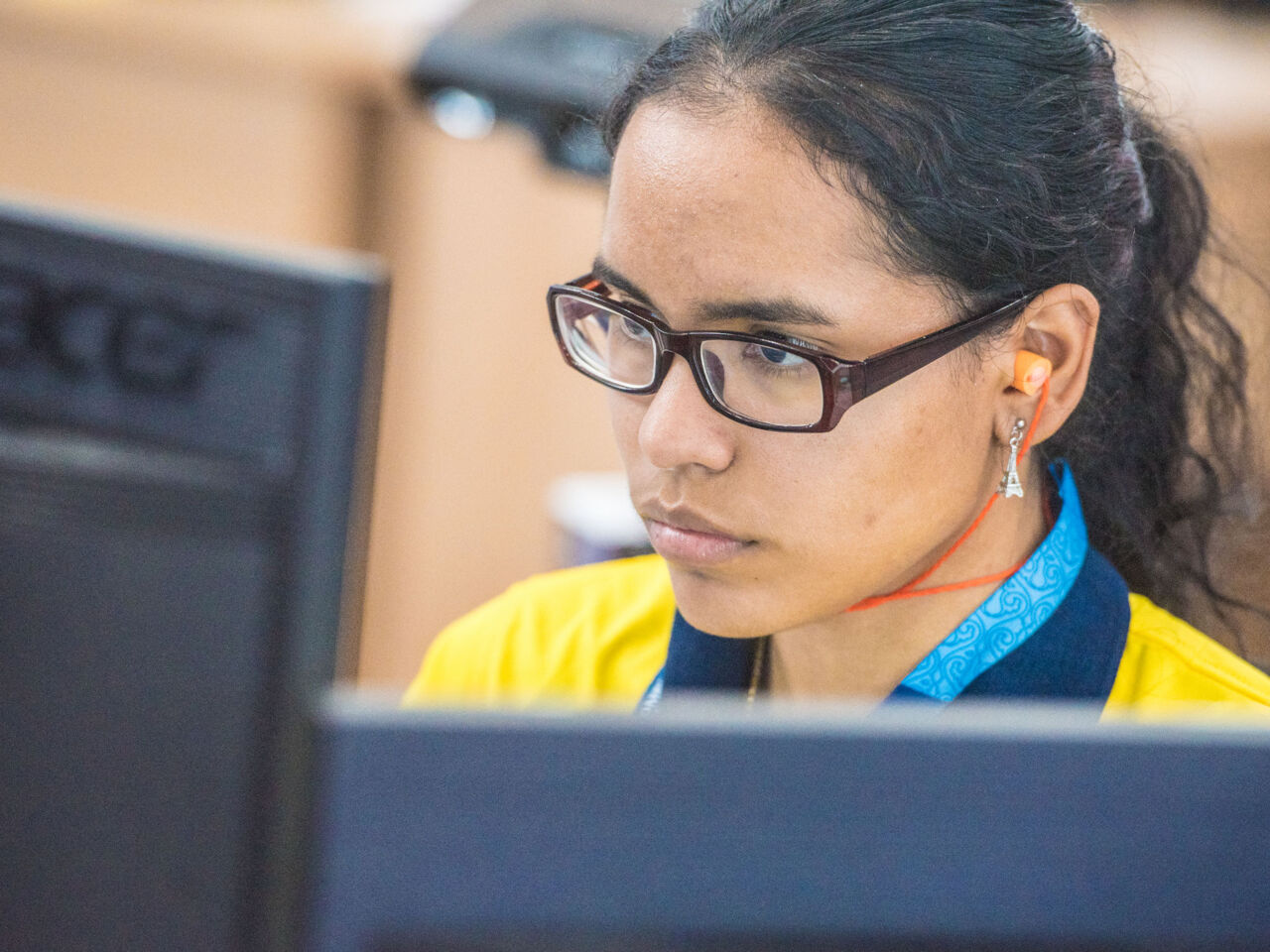
#BreakTheBias: “I was always the only woman in every competition”
15 March 2022
-
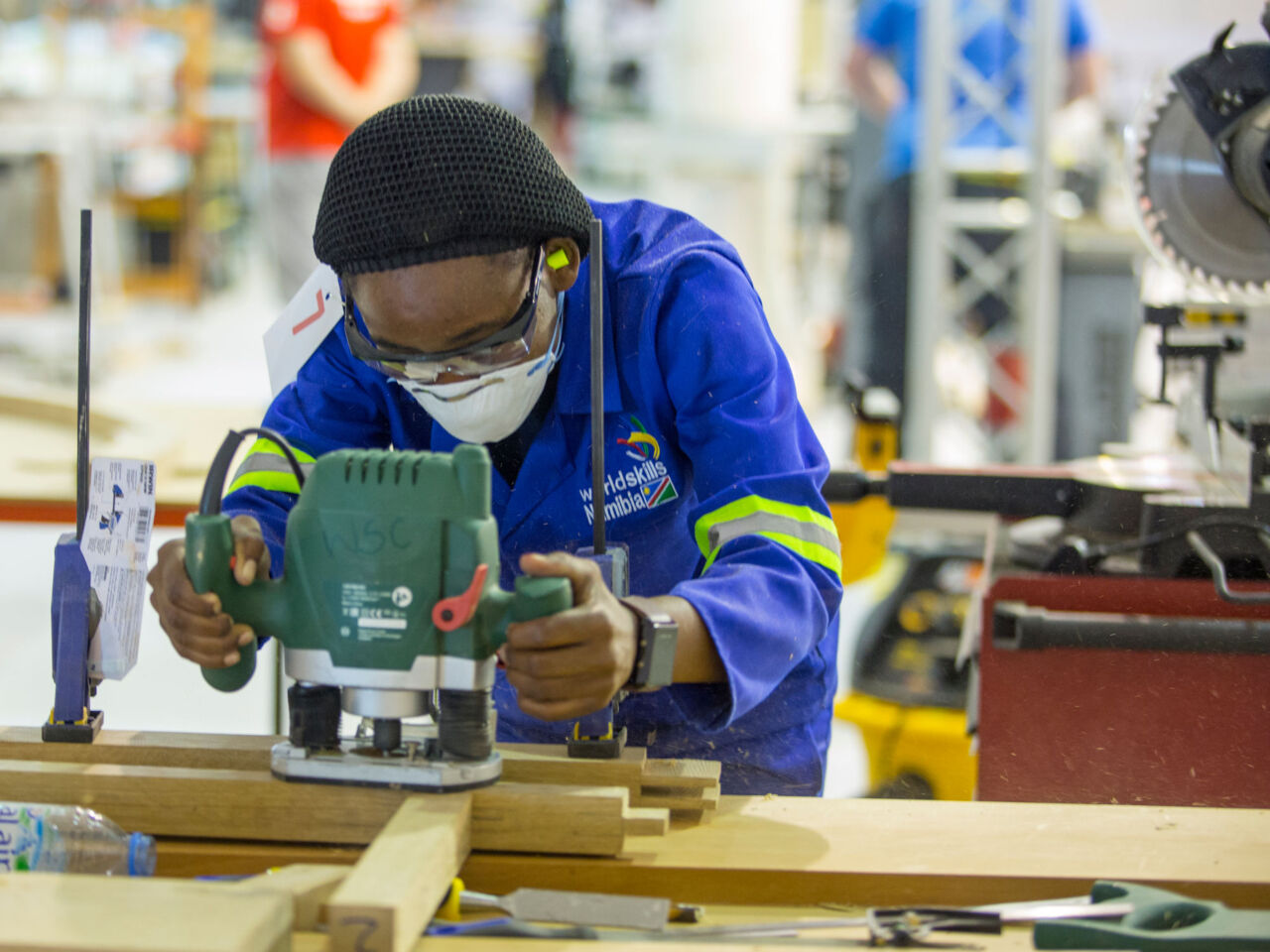
#BreakTheBias: “Criticism from society motivated me to never give up”
10 March 2022
-
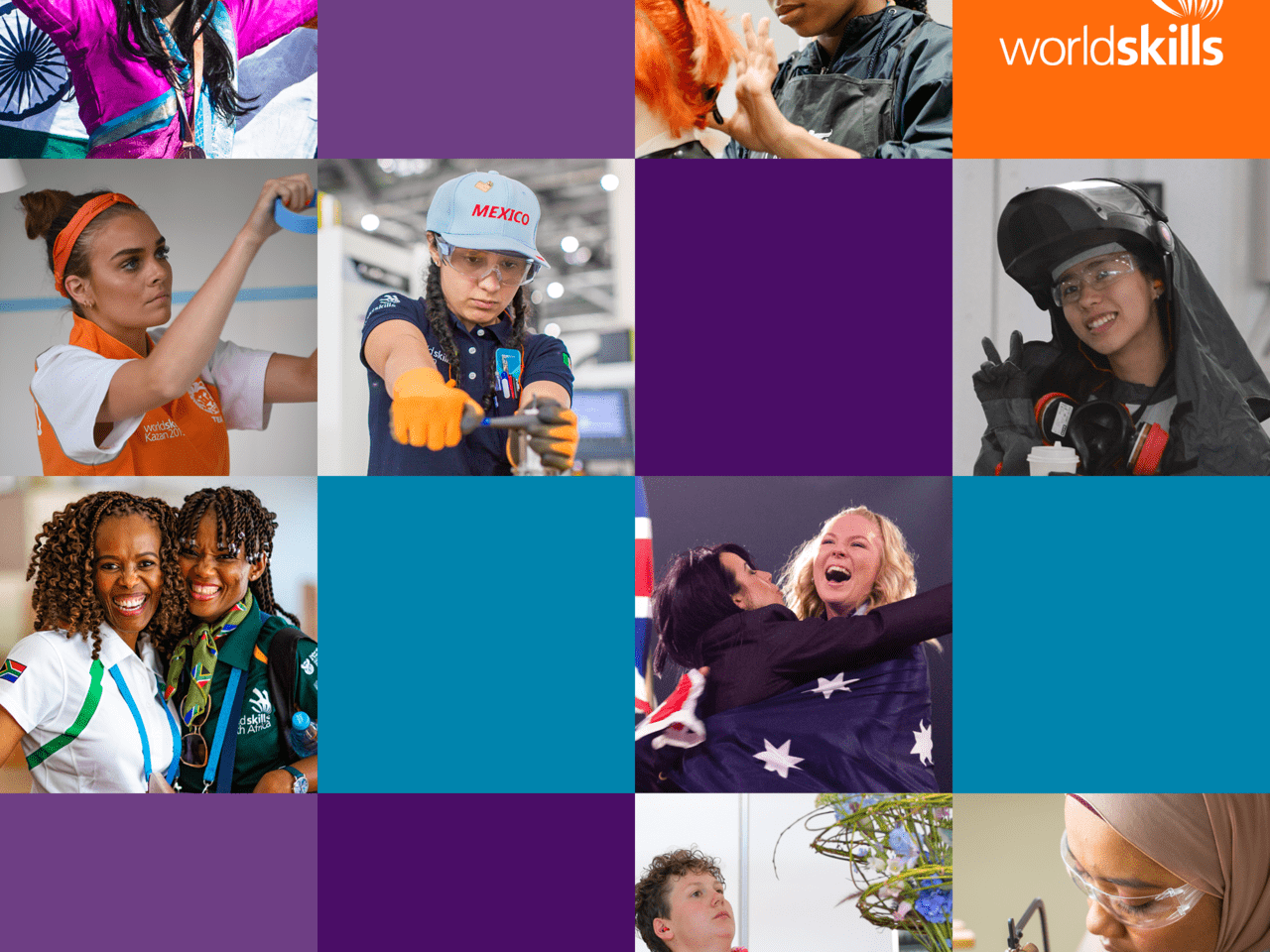
#BreakTheBias against gender-based segregation in skills
7 March 2022